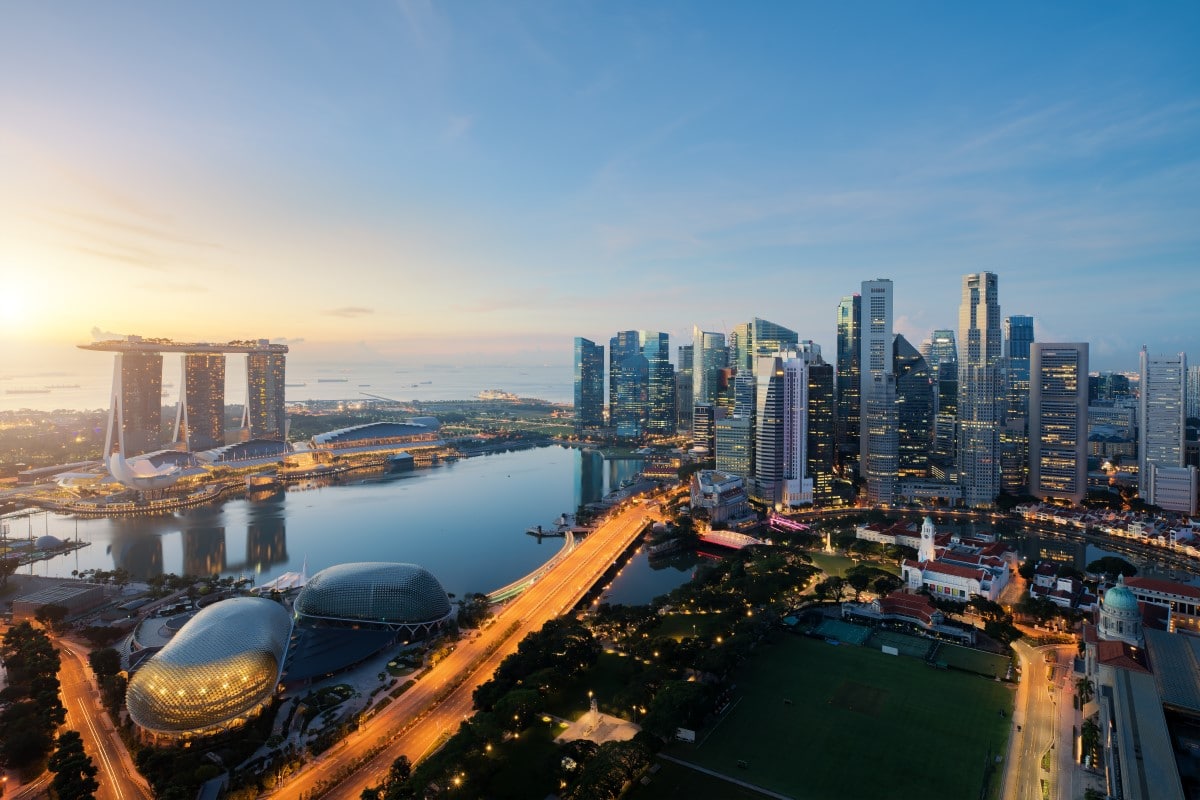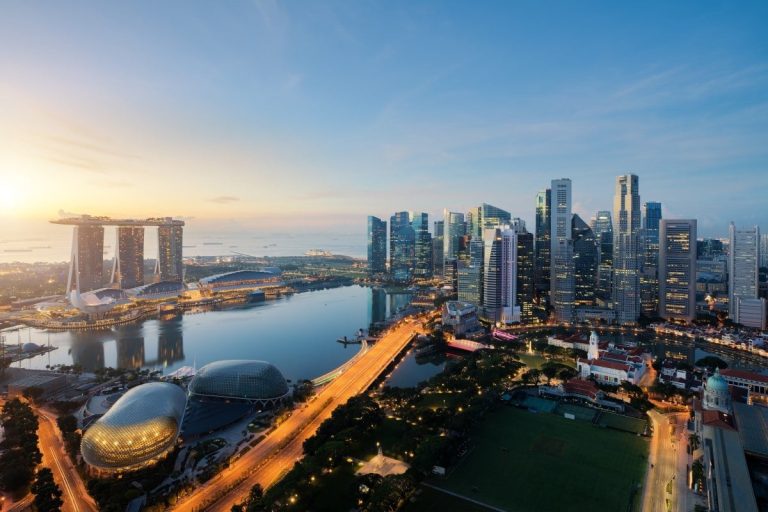

- Singapore has a global minimum corporate tax of 15%, in line with OECD guidelines.
- Additional support of S$1.9 billion for households to ease inflationary pressures.
- The fiscal year 2024 expects to achieve a small surplus, which confirms a balanced fiscal approach.
Singaporean Finance Minister Lawrence Wong has unveiled a strategic overhaul of the country's tax system by implementing a global minimum corporate tax rate of 15%, a move organized by the Organization for Economic Co-operation and Development (OECD). This pivotal amendment confirms Singapore's commitment to international tax standards and its ambition to promote a fair and sustainable global tax environment. Amid this major transformation, the government did not neglect its local responsibilities, especially in supporting its citizens and companies through inflationary challenges and striving to achieve economic growth and create job opportunities.
$1.9 billion increase for households amid inflation
Recognizing the pressures of living in one of the most expensive cities in the world, Wong announced an injection of 1.9 billion Singapore dollars ($1.41 billion) in additional support for families. This is complemented by a S$1.3 billion aid package for businesses, including a significant corporate income tax rebate. These initiatives reflect a careful approach to maintaining economic vitality and social stability, balancing the need for fiscal prudence and targeted support. Furthermore, the Government's commitment to innovation and sustainability is evident in the allocation of S$3 billion to the Research and Development Fund.
Vision 2030: 2-3% growth with focus on sustainability
At the heart of Singapore's fiscal strategy is a forward-looking growth model that emphasizes productivity, creativity and the green economy. As a result, Wong expects to achieve a growth target of 2% to 3% annually over the next decade. This ambition sets a clear direction for the country's economic path. Moreover, the vision is supported by strategic investments in high-value economic activities. In addition, there is an aggressive plan to expand health care to meet the needs of the aging population. As a result, government spending is expected to rise to 20% of GDP by 2030. Ultimately, Singapore is laying the foundation for a resilient and inclusive future.

